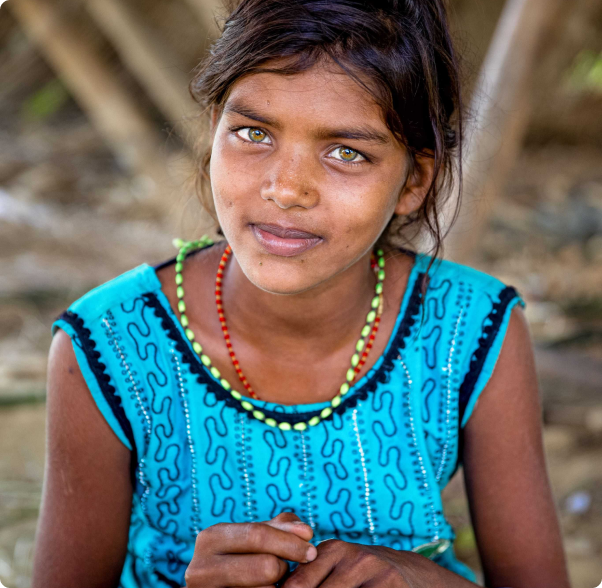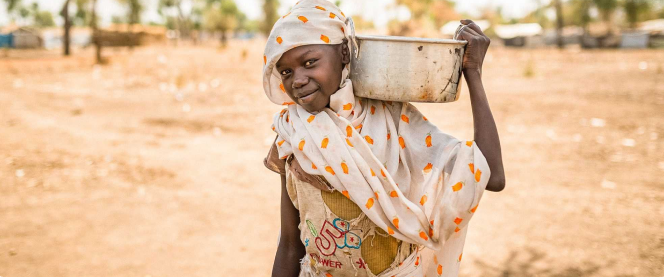Summary
The world’s largest curtain of water parades down Victoria Falls on the edge of the Republic of Zimbabwe. The plummeting waters mimic the fallen economy in this landlocked South African nation. Once known as Rhodesia, the nation was under British rule until officially gaining independence in 1980. During the move towards independence, most farms owned by whites were seized, and land was distributed, in many cases, to party loyalists and their families. This led to a sharp decline in production and caused the collapse of the agriculture-based economy.
The nation’s only leader since independence, President Mugabe, is widely accused of corruption and cronyism. In 2007 he demanded price controls on all basic commodities, causing many Zimbabweans to buy out of panic and leaving store shelves empty for months. Zimbabwe was also involved in the war in the Democratic Republic of Congo, costing hundreds of millions of dollars. It wasn’t until 2008 that Zimbabwe became a multi-party state after electing an opposition leader as prime minister. The economy has thankfully recorded growth despite political uncertainty. However, Zimbabwe maintains the distinction of having the highest public debt and consumer price inflation in the world, in addition to having an unemployment rate over 90%. Zimbabwe has the fifth most HIV/AIDS related deaths in the world: about 2,000 per week. This amounts to 286 every day and 12 every hour. This epidemic has orphaned over one million children. Roughly two thirds of the nation’s wildlife has been killed for sustenance in just over a decade. Zimbabweans have been betrayed by their government and therefore have the second highest migration rate in the world.
Zimbabwe is looking for a savior, and thankfully nearly 80% have sought out Jesus. However, the majority of people believe in a syncretistic Christianity, one mixed with indigenous beliefs. The church in Zimbabwe needs purity in their doctrine and unity among denominations, especially amongst Apostolic and charismatic believers. Missionaries in Zimbabwe need training to effectively reach out to the small Muslim population. The Church must also raise up strong, spirit-filled leaders to point the people of their broken nation to Christ.




